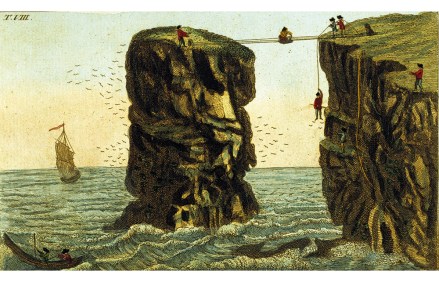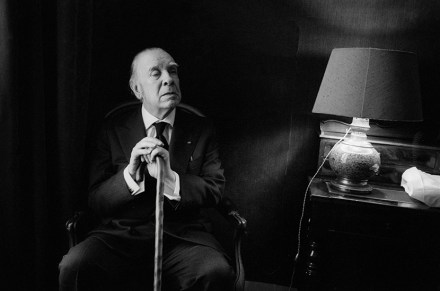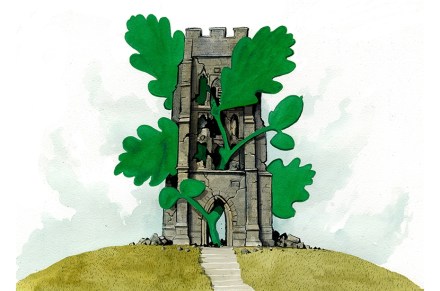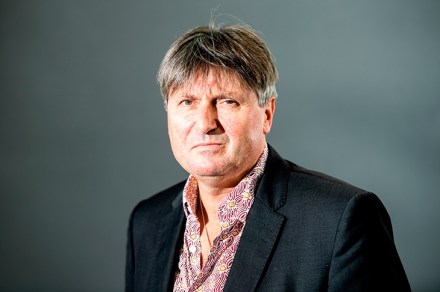We must never lose the treasured Orkneys
When, last summer, a group of Orcadians declared they’d like to leave the UK and join Norway, it became clear just how little most of us in the south understand Orkney. Friends who know I go there often ask me where it is (somewhere near the Hebrides?), how many Orkney islands there are, and whether they are mountainous or flat. As Peter Marshall explains at the start of this astonishing tour de force, the 70-odd Orkney islands lie just 25 miles north of Scotland, separated from the mainland by the Pentland Firth – the point, he says, at which ‘the North Sea meets the Atlantic, a place of hidden, treacherous





